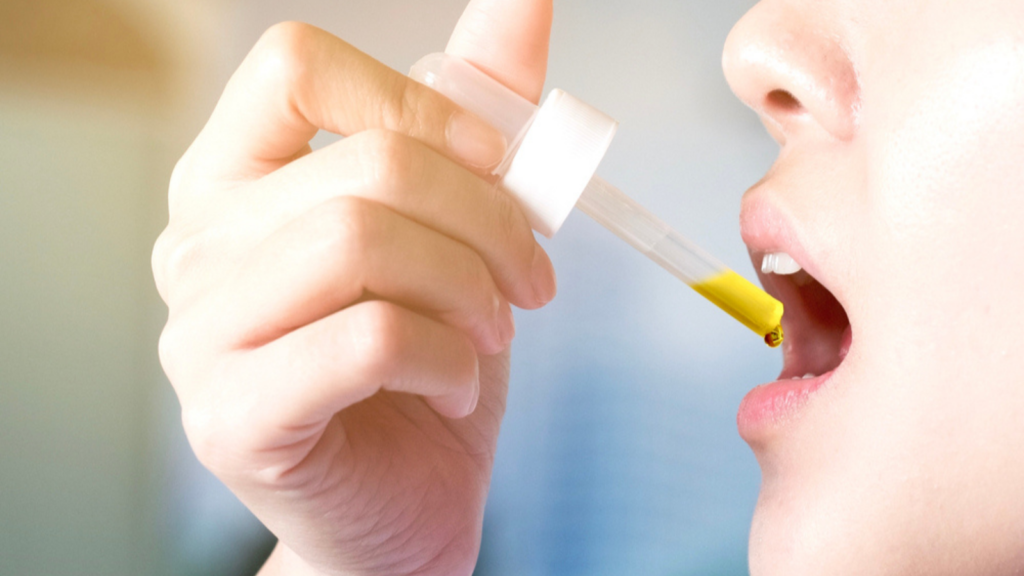What Are Allergy Drops?
Allergy drops, also referred to as sublingual immunotherapy, are drops with small doses of an allergen placed under the tongue to build your tolerance to it. Sublingual immunotherapy may come in liquid or tablet form. They are an alternative to allergy shots which involve injecting small doses of an allergen under your skin with a needle. Both allergy treatments treat the allergy condition itself while other medications only treat the symptoms. Many allergy specialists offer both allergy drops and shots to treat pollen and environmental allergies.
Allergy Drops vs Allergy Shots vs Allergy Tablets
While allergy drops and shots are very much alike, there are some differences to take into account when choosing your treatment. Allergy shots tend to work better for relieving allergy symptoms than allergy drops. Allergy drops are not FDA approved and are not covered by insurance. Also, since allergy drops are fairly new, the long-term safety and efficacy of them are not fully known compared to the extensive research done on allergy shots. Another thing to consider when choosing allergy drops is that they must be taken daily. If you do not have the time to take allergy drops daily, consider shots instead.
While allergy drops are not FDA approved, sublingual immunotherapy with tablets is approved for three allergens.
· Ragweed Pollen
· Grass Pollen
· Dust Mites
These tablets need to be prescribed by your allergist, but the dose does not ever increase and it does not relieve symptoms as well as the more customizable allergy shots and drops.
Peanut allergy treatment is the newest form of oral immunotherapy approved by the FDA. This treatment called PALFORZIA, is currently only available for children ages 4 to 17. These tablets are ingested. For more information on peanut allergy treatment, contact NY Allergy & Sinus Centers.
You only need to receive allergy shots one to two times a week and then monthly depending on your treatment plan. They are FDA approved for most allergens and can include multiple allergens in one shot. This means your treatment may work faster. Most insurance plans cover allergy shots.
We recommend all our patients on desensitization treatments carry an epinephrine auto-injector like Epipen or Auvi-Q in case of an allergic reaction to the treatment.
Which Allergy Treatment Is Best?
Since there are many pros and cons to consider when choosing allergy drops or shots, it’s best to consult with a board-certified allergist at NY Allergy & Sinus Centers to determine which treatment will work best for you. We offer ten allergy centers throughout New York City and Long Island and offer personalized treatment plans for each patient. Book an appointment today for your allergy treatment consultation!

